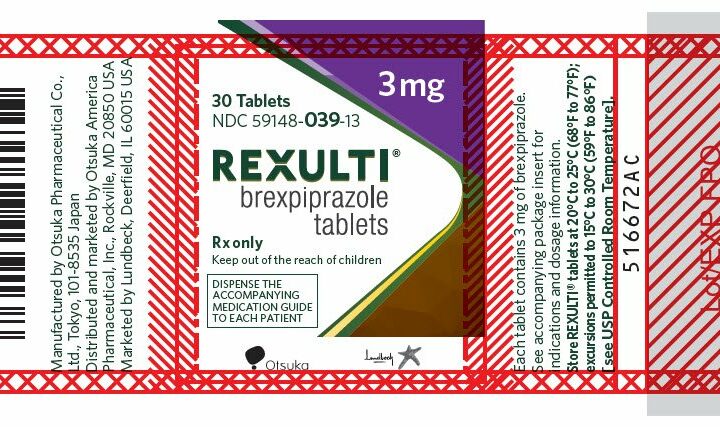New trial data presented at CTAD shows drug brexpiprazole is effective at treating agitation in people with Alzheimer’s dementia. The FDA may consider it for approval within the month.
New data presented at CTAD about an existing agitation drug, brexpiprazole, in trials for patients with Alzheimer’s, bears potential good news when it comes to better treatments for Alzheimer’s symptoms. Between 30 and 50 percent of people with Alzheimer’s dementia develop agitation. Agitation makes it harder for caregivers and nurses to provide support to patients with dementia. Drugmakers Otsuka Pharmaceutical and Lundbeck revealed that 12 weeks of brexpiprazole reduced agitation symptoms across multiple Phase 3 trials.
At present, there are medicines prescribed for Alzheimer’s behavioral symptoms, like anger, agitation, and depression, but they are all technically “off label” as they have not been tested — and are not FDA approved — for use specifically in people with Alzheimer’s disease.
Otsuka Pharmaceutical and Lundbeck confirmed this week at CTAD that they plan to file an application to expand the FDA label for brexpiprazole — which is already approved for treating schizophrenia and depression — by the end of 2022. This would make it the first drug approved for treating agitation in Alzheimer’s dementia.
In this trial, brexpiprazole was found to be safe and well-tolerated in patients with Alzheimer’s. The most common adverse effect experienced by Alzheimer’s patients taking the drug was insomnia. Compared to 2.8 percent in the placebo group, 3.7 percent of people in the brexpiprazole group developed the symptom.
Overall, 6.3 percent of people left the study due to adverse effects from brexpiprazole, compared to 3.4 percent in the placebo group.
Many Alzheimer’s clinical trials focus on finding drugs that slow or stop the progression of the disease. Earlier this week, at the Clinical Trials for Alzheimer’s Disease (CTAD) conference in San Francisco Eisai and Biogen presented the results for their anti-amyloid drug lecanemab which may slow the rate of decline in people with mild cognitive impairment and early stages of dementia. However, these drugs don’t benefit many people who are already in the later stages of Alzheimer’s disease. Drugs like brexpiprazole, on the other hand, do benefit people currently living with the disease and their loved ones and caregivers.
“We’re proud to share this positive data from our Phase 3 double-blind trials that showcase our commitment to address current unmet needs and deliver a first-of-its-kind pharmacological treatment for agitation in Alzheimer’s dementia to patients and their caregivers,” Robert McQuade, PhD, executive vice president, chief strategy officer, Otsuka Pharmaceutical Development & Commercialization, Inc. said in a press statement.



